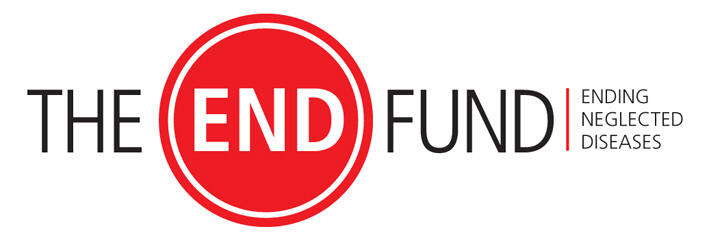
The American based END fund has awarded LSTM’s Dr Maria Rebollo Polo from the Centre of Neglected Tropical Diseases (CNTD) to lead two projects conducting epidemiological surveys to assess the burden and distribution of neglected tropical diseases (NTDs) in Ethiopia and Democratic Republic Congo (DRC). The END fund’s contribution is split over two grants aiming to close the mapping gaps that exist in both countries in line with the END Fund’s overall mission to control and eliminate the most prevalent neglected diseases among the world's poorest and most vulnerable people by 2020.
‘Both Ethiopia and DRC present the largest NTD mapping gaps and account for the largest burden of non-controlled NTDs in the world’, said Maria Rebollo Polo. ‘It is essential that we complete the mapping as it will enable both countries to accelerate their efforts to combat and eliminate the neglected tropical diseases that create such misery amongst the population.’
With more than 70 million inhabitants DRC accounts for the second largest population after Nigeria being at risk of diseases such as Lymphatic Filariasis (LF), Schistosomiasis (SCH), Onchocerciasis and Soil Transmitted helminths (STH). In addition there are a few areas suspected to be endemic for Trachoma. The distribution of these diseases remain unknown and this project will finally produce a clear understanding of where people live at risk of each disease.
The END fund contribution compliments DfID funding from the UK and will help LSTM to complete the mapping of LF in Ethiopia and set up epidemiological surveys for LF, SCH and STH in DRC. Both projects are conducted under the leadership of the Ministries of Health of both countries and in close collaboration with the Regional Office for Africa of the WHO.
The outcome of both projects will be instrumental for both countries to achieve the 2020 targets as declared by the WHO’s Strategic and Technical Advisory Group (STAG) in April 2013 and finally ending the misery caused by these ancient diseases of poverty.